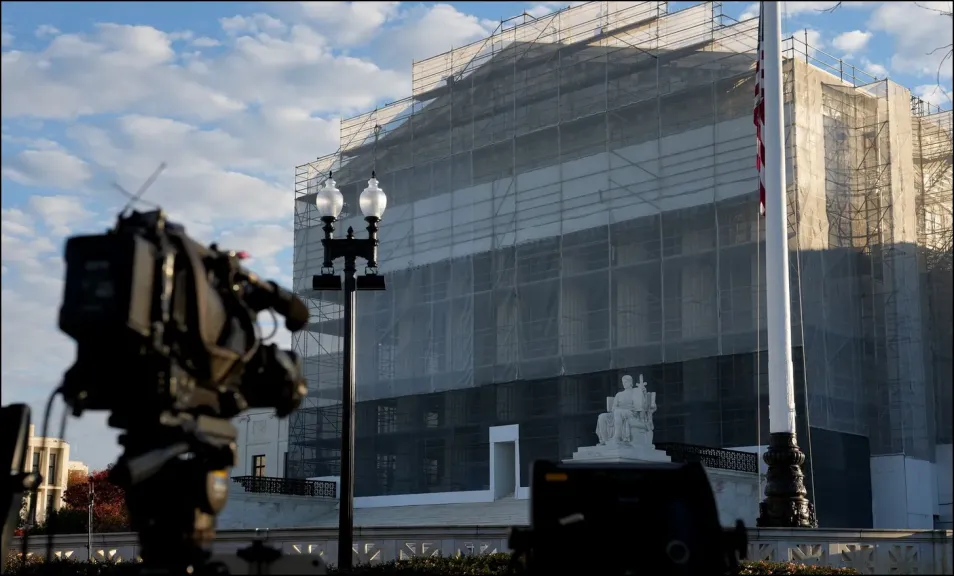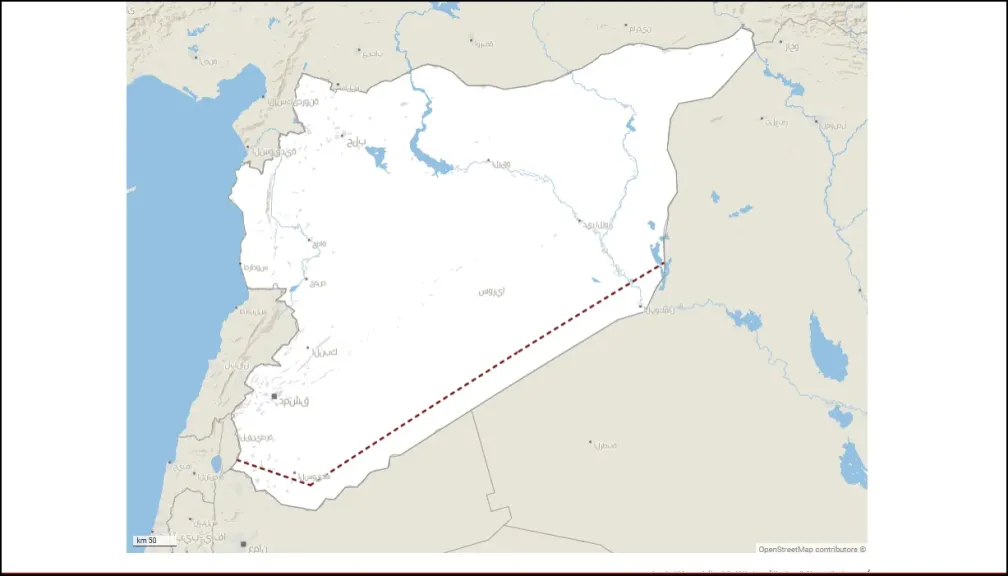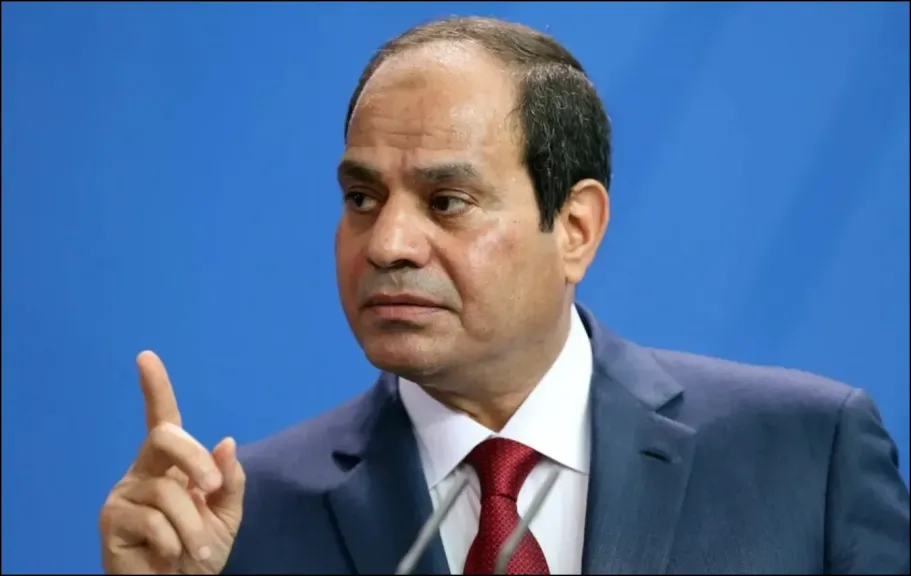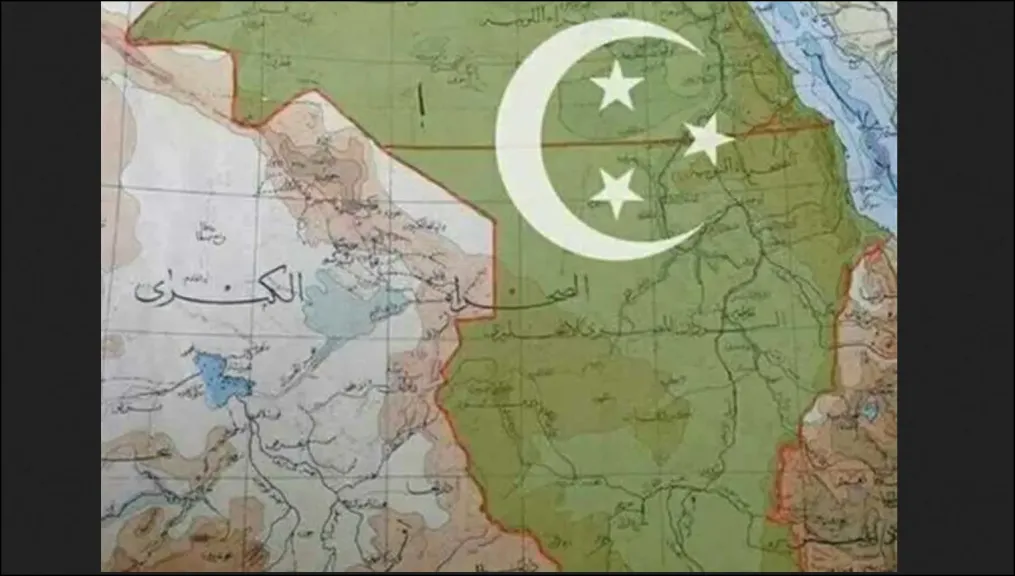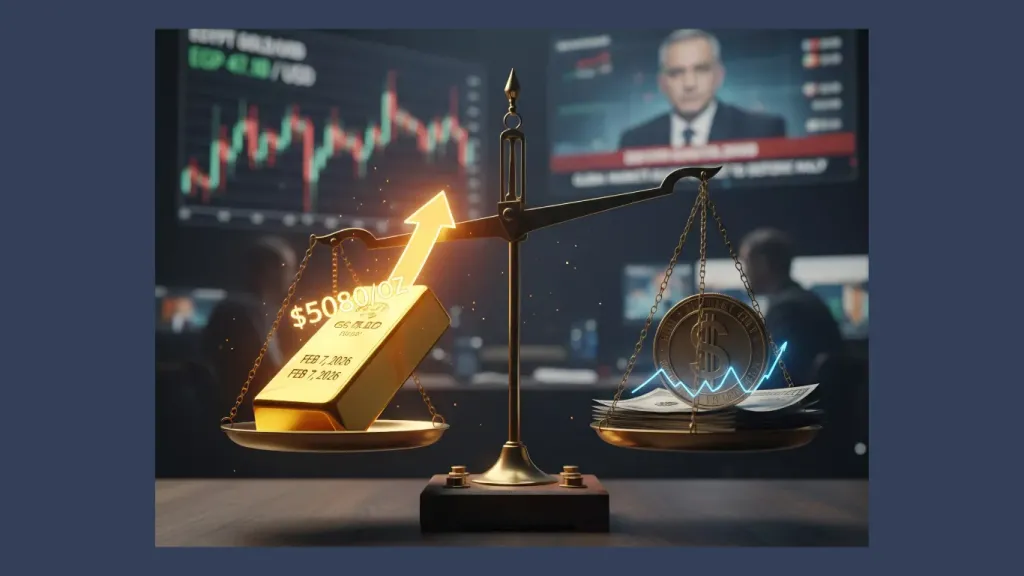In a landmark hearing that could redefine the limits of presidential economic power, the U.S. Supreme Court on Wednesday expressed clear skepticism toward President Donald Trump’s sweeping use of a 1977 emergency law to impose tariffs on more than 100 nations. The justices’ questions signaled deep unease over whether the White House had overstepped its constitutional bounds, setting the stage for a ruling with massive implications for trade, governance, and global markets.
A Rare Supreme Court Test for Presidential Power
For the first time in Trump’s second term, the justices are delving into the legal foundation of a major administration policy rather than ruling on temporary emergency orders. The case centers on the International Emergency Economic Powers Act (IEEPA), a Cold War-era statute designed to let presidents act quickly in true national crises. Trump’s administration argues that the act allows him to “regulate imports” and, therefore, impose tariffs without congressional consent.
Solicitor General D. John Sauer, representing the government, defended the tariffs as tools of regulation rather than taxation, saying that their revenue effect was merely “incidental.” He warned that striking down the policy could lead to “economic chaos” and undermine U.S. credibility abroad.
Conservative Justices Voice Concern
Yet several conservative justices appeared unconvinced. Justice Amy Coney Barrett questioned why so many nations were targeted, asking pointedly, “Spain? France? Explain to me why these countries were part of an emergency response.” Justice Neil Gorsuch went further, warning that allowing such broad discretion risked “a one-way ratchet toward the continual accumulation of power in the executive branch.”
Even as Justice Brett Kavanaugh and Justice Samuel Alito posed tougher questions to the challengers, they acknowledged the tension between emergency flexibility and constitutional limits. Kavanaugh called the administration’s interpretation “an odd doughnut hole,” while Oregon’s Solicitor General Benjamin Gutman quipped, “It’s a different kind of pastry.”
Legal and Economic Stakes
The challengers — a coalition of states and small businesses — argue that the IEEPA does not explicitly grant the power to impose tariffs and that Congress has always set clear limits when delegating trade authority. The outcome could determine whether presidents can continue to use emergency powers as a trade weapon, potentially reshaping decades of executive-legislative balance.
A ruling against Trump could force the administration to unwind hundreds of tariffs, refund billions to importers, and renegotiate international trade deals. A victory, meanwhile, would entrench the presidency’s unilateral power over global commerce for generations.
The Broader Context
The case comes amid escalating economic nationalism, with the Trump administration expanding its “reciprocal tariff” strategy across Europe, Asia, and North America, including allies like Canada, Mexico, and France. Trump himself described the case on social media as “LIFE OR DEATH for our Country,” emphasizing his belief that the emergency law is essential to defending U.S. industry from “foreign exploitation.”
With both liberal and conservative justices expressing doubt, the decision — expected within months — could mark a turning point in how America defines “emergency powers” in times of economic strain.
For now, businesses, economists, and foreign governments watch closely as the high court weighs a question that could alter the fabric of U.S. trade policy: Does national security justify bypassing Congress? Or has the presidency claimed too much for itself under the banner of crisis management?
The answer may soon rewrite the balance of power in Washington.
Keywords: neal katyal,supreme court tariff case,supreme court tariffs,ieepa,scotus,john sauer,tariffs,d john sauer,ieepa tariffs,tariffs supreme court,katyal,d. john sauer,supreme court oral arguments,neil gorsuch,gorsuch,supreme court justices,solicitor general,john sauer solicitor general,us supreme court,supreme court live stream
